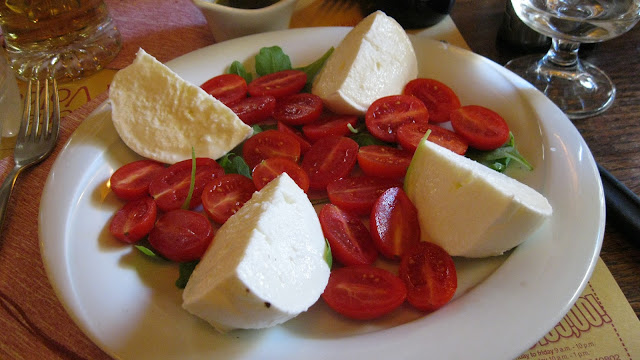
Can you trust someone who has never gardened or even grown a
plant? It takes a certain amount of
mental and emotional maturity to appreciate something as subtle as a plant (which one colleague suggests explains some zoologists), and
it takes a good deal of patience and care to nurture a seed into a plant that
flowers and eventually produces fruit.
It is no surprise to many of us that there is nothing quite like a garden-ripened,
sun-warmed, fresh-picked tomato. Tomatoes from most
groceries, and those served in your average restaurant, are merely similar in
color and shape. How many of our
politicians, largely rich, urban folk, would know a good tomato if they ate one? In addition, some of them, being mostly lawyerly, might even argue that good
in this context doesn’t matter. But it
does because it says a great deal about their values and discernment of subtleties! A really good tomato is something the little person
can have, can grow, for themselves, something better than the 1% have, something the 1% don't even know about. So
why trust someone who can’t accept even such a simple truth as a ripe
tomato? Could our current president even
recognize a tomato plant? Does he even
eat tomatoes that have not been turned into ketchup? So why trust this guy with any of the many
more important decisions that need to be made?
TPP hazards to say that gardeners are a largely ignored demographic, and gardeners should rise up and oppose putting such
ignorant people into office. Perhaps a gardening quiz can be administered to test for fitness to hold office and make wise decisions about things that really matter, like when things need pruning (sorry Chauncey, Being There). What’s the best tomato you’ve ever
eaten? How do you grow nice lettuce? It matters; now answer the question!
















